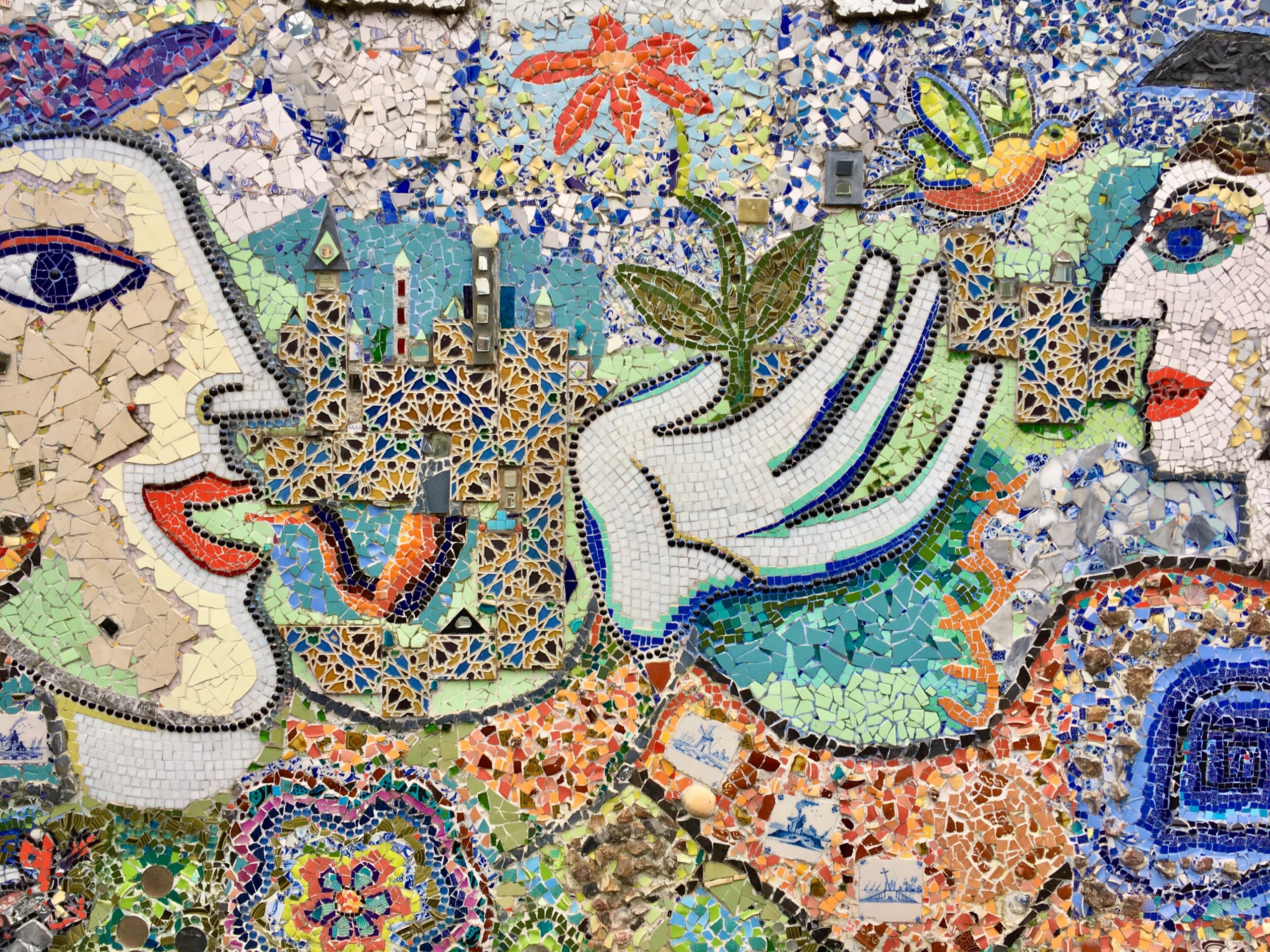Let’s make DU more religiously inclusive! As the new academic year gets started, we can all make more of our community members feel more welcome if we take just a few simple steps. Consider taking a moment each month to check an interfaith calendar or go the full 9-yards by transforming your everyday calendar into an interfaith calendar with these simple step-by-step instructions. I’ll never forget how good it felt when a staff colleague from across campus sent apples and honey to the Center for Judaic Studies with a note saying that they had just learned that the Jewish holiday of Rosh Hashanah was around the corner, and they learned online that it was traditional to celebrate that holiday with apples and honey. This small gesture stands out as one of the most welcoming moments in my nearly 20 years at DU. Knowing about religious holidays helps you learn more about your colleagues and gives you super-powers to make people’s day.
If you are in charge of scheduling for your department, unit, or for the whole university, it is especially important for you to get into the “check the interfaith calendar” habit; you really hold the power to either make or break students’ and colleagues’ experience at DU: If you schedule the new faculty luncheon or student meet-and-greet for a holiday that excludes some members of the community, that’s a missed opportunity for inclusion. While not every religious holiday is incompatible with scheduled events, it’s good to get into the habit of checking an interfaith calendar and asking around to make sure. Here are some tips. (And, if you’re scheduling for an individual department, please find out which holidays are the ones that you should avoid calendaring on based on the actual people in your group; this is not a symbolic gesture but a real one: If, for example, no one in our office needs accommodation for holiday x, then, by all means, schedule your next office party on holiday x!)
And if you’re teaching a class, please keep in mind that students who need religious accommodation are not always comfortable asking. This includes students who “observe” religious days, but also students who might be traveling or hosting family in relation to holiday times (in other words, emphases on “observance” or “worship” are insufficiently broad if we want to be supportive of each others’ life-cycle values and cultural forms of life). So please consider setting the tone in your class by including a religious accommodations statement on your syllabus and / or mention early on in the class that you value religious inclusivity and are very open to students touching base with you for needed accommodations. Also, direct students to the religious accommodation request form, visit the DU religious accommodations page through our new Cultural Center, and check out the OTL webpage on spiritual and religious diversity.
[Here’s a quick sample statement for your syllabus: In this class we value Religious Inclusivity. If you require accommodations around religious observance or celebration, please fill in this form, and feel free to talk to me so we can find the best way to accommodate you.]
And in all of this: If you really want to make a best practice of checking the interfaith calendar, here are some guides to how to transform your everyday online Outlook or Google calendar into an interfaith calendar!
Please feel free to reach out if you have questions or ideas for how to help DU be more religiously inclusive!
Sarah Pessin, Interfaith Chair, Center for Judaic Studies

